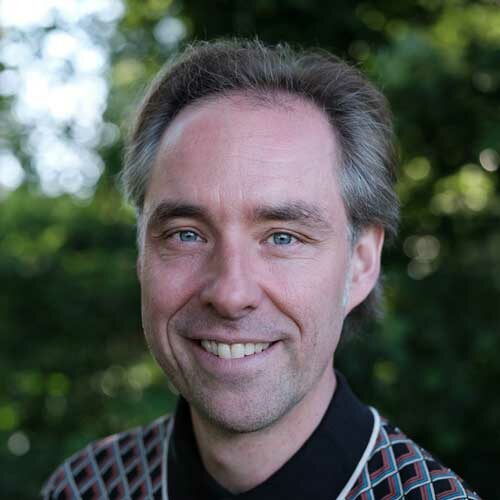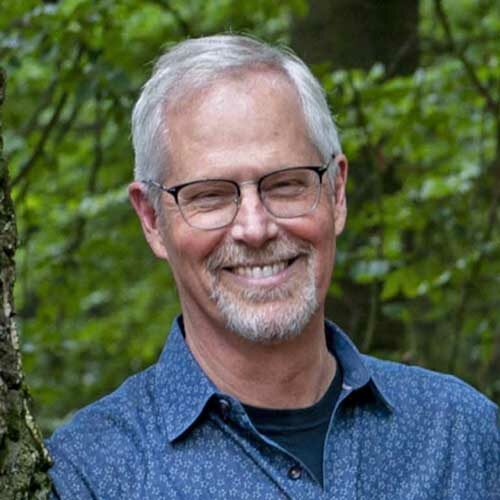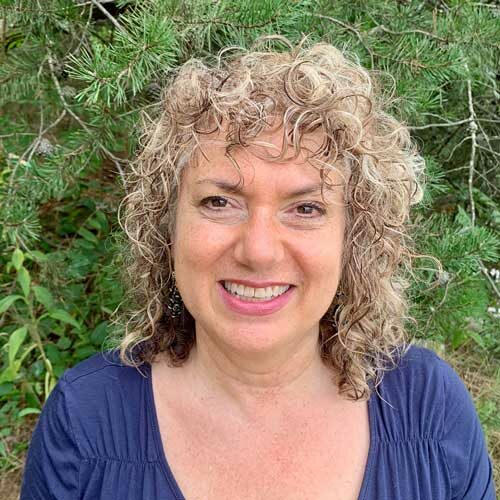This weekend is the Buddhist full moon ritual known as Māgha Pūjā, one of the three great festival days in the Theravāda Buddhist calendar, also known as “Saṅgha Day,” celebrating the spiritual community. The tradition remembers a day when the first 1,250 arahant (fully awakened) disciples all spontaneously returned from their travels and came together with the Buddha. Honoring this ancient ritual, we will practice together in global spiritual community, reflect on the preciousness of spiritual friendship in these times (and all times), and learn to chant the Ovāda Pātimokkha, a single verse containing the essence of the training, which the Buddha taught to the monastics at this gathering.
With Sean Oakes recorded on February 25, 2024.
Found our teachings useful? Help us continue our work and support your teachers with a donation. Here’s how.
Discussion
One thought on “The Whole of the Holy Life: Celebrating Buddhist Community on Māgha Pūjā 2567”
Leave a Reply Cancel reply
You must be logged in to post a comment.
Discover more from the Dharma Library
-

Daily Meditation Recordings, with Martin Aylward – Week of 5 February, 2024
This week’s topic is “Fear and Fearlessness”. A week of exploring how our mind gets gripped, and how our practice frees us. We’ll explore causes and conditions of fear, and the ways fear can dissolve, and the radical possibility of a fearless life.
-

Staying In, Going Inwards: Inner Resources for Indoor Life
Recorded :
April 5, 2020 Martin, the founding and guiding teacher of Sangha Live, leads our regular Sunday session, looking at skilful ways to meet this time of confinement and ‘forced retreat’. He offers various reflections on caring for ourselves and others, and makes plenty of time to share and explore together as a Sangha, as we lean into this…
-

Lucid Dreaming: Awakening While We Sleep
Recorded :
February 8, 2026 A lucid dream is a dream in which we are actively aware that we are dreaming as the dream is happening. Once we are lucid we gain access to the deepest depths of the unconscious mind which allows us to engage in psychological healing at a level often unattainable in the waking state. And beyond…
-

Trusting Impermanence
Recorded :
April 16, 2023 ‘All things fall apart’ was the Buddha’s last teaching before passing away. How can we live peacefully with this universal and challenging truth? In this session, we’ll practice how attuning to change supports letting go.
-

Refugia: Finding Sanctuary in Times of Crisis
Recorded :
September 1, 2024 We live in challenging times. Biologists speak of micro-systems where species sequester during times of crisis. They are called refugia. In times of uncertainty and fear, we too need refugia, places of spiritual safety where we can put down roots, grow and thrive. In this Sunday teaching, Willa invites us to explore the concept of…
-

The Power of Self-Compassion
Recorded :
June 11, 2023 Most people are more compassionate toward others than themselves when things go wrong. However, burgeoning research shows that self-compassion is good for everybody. Fortunately, it can be learned. How can we seamlessly bring self-compassion into meditation practice and daily life? What are two secrets about self-compassion practice that make all the difference?
-

Daily Meditation Recordings, with Nirmala Werner – Week of Nov 27 – 1 Dec, 2023
This week’s topic is “Longing for Belonging; Becoming Intimate with Expansion and Contraction”. Although people are more connected than ever through technology, there seems to be a global trance of “not belonging”. In this week’s sessions we will explore how we separate from our own selves and from others, and above all how we can come home to all our parts and sink back into a sense of belonging.
-

Embracing Uncertainty – Practice During Crisis
Recorded :
April 19, 2020 “The truth is that you will never be absolutely safe. All things change constantly, even what is most precious. This is the angst of life, the price of being a conscious human being.” – Phillip Moffitt As a spiritual practitioner, you learn to see and accept “uncertainty” as a fact of life – even during…







thank you Sean